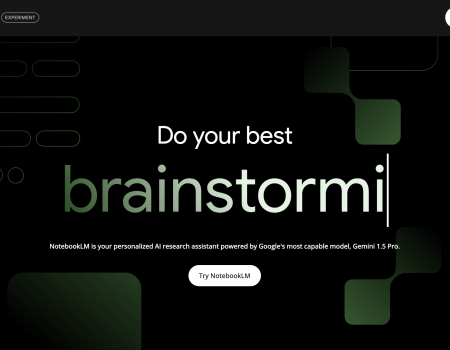Drupal Association CTO Tim Lehnen on Drupal 7 End of Life (EOL) and Why Upgrading to D8 and D9 is Worth the Effort
This blog post is an adaption of the Agile Podcast Ep 9: "Ambitious Experiences" -- listen above or subscribe on our YouTube channel.
As you likely know, Drupal 7 is set to retire in November of 2022, when D7 will be over a decade old. Drupal 8, which has been out since 2015, is retiring a year earlier in November 2021. Fortunately, Drupal 9 is out so the pathway for those who have not started their Drupal transition is to go from Drupal 7 to Drupal 9.
The biggest change between Drupal 7 and its successors will be in Drupal’s core—instead of using a proprietary PHP framework, Drupal’s core from D8 onward is built on Symfony.
This should offer a lot of benefits like easier future upgrades and object-oriented programming, but this also means that getting to the latest version of Drupal will be a heavy lift, requiring more time and money than previous migrations. This has made organizations running Drupal 7 apprehensive about the move.
“There's the constraint of thinking, well, you know, what I bought 15 years ago, is that what it should still cost now?” says Tim Lehnen, CTO of the Drupal Association, “my hope, and I'm almost certain this is true, is that as much as the price is 10 x-ed compared to an earlier version, the sophistication of what they're doing and hopefully the data and the user interaction that they've built in that intervening time is also 10 x-ed.”
On episode 9 of the Agile Podcast, Lehnen spoke with Agileana’s co-founder Blake Newman about the future of Drupal and why the move, even though it’s expensive and time consuming, is worth the effort.
Here are some highlights of that conversation:
On why Drupal isn’t just for enterprise level sites:
The way Dreis [Buytaert], the Drupal Project Founder, likes to talk about it is that Drupal is for “ambitious experiences.” And he specifically uses that word rather than enterprise for a good reason. If we're talking about enterprise experiences, usually what we mean is: large corporate, big I.T. team, lots of data kind of scale. And sure, Drupal is great for those environments, but ambitious can also mean a startup trying to do something innovative like use Drupal as a content store for both a retail outlet on a normal Web page and also, an augmented reality display inside a storefront. That doesn't necessarily mean it's a big enterprise solution, but it's an unusual and ambitious idea.
On who Drupal is for:
For a long time, we clung to the idea that [Drupal] was for anybody, could do anything. To a certain extent, that's true. But Drupal wouldn't be my choice for making, you know, grandmas quilting store. And it wouldn't be my choice for making just a restaurant menu site or those kinds of brochure level, relatively simple experiences—there's the Wixes and the Squarespaces and the Weeblys of the world. And for a use case where there isn't some sense of that technical ambition, where you need a web site just because you need one, not because it's the core of that work you're doing, then maybe those are better choices. But when you're really thinking about being digitally present with what you're doing, you start to care about more sophisticated features, users and permissions, content relationships, different sorts of channels for displaying that content. And that's where Drupal comes into its own.
On the heavy lift of updating from Drupal 7 to D8 or D9:
You do have to think about it more like a re-platforming than you do just an upgrade. And that's what gives people so much pause, I know that's part of what makes it so difficult. But there's so much value in the feature set that was enabled by the architectural changes in Drupal 8, by the development model changes that mean that we get new features every six months instead of years and years in between. Being on board that train with 8 and beyond is just so worth it.
And the other thing about it is, despite having to kind of tear off the Band-Aid of the 7 to 8 upgrade, 8 to 9 to 10 and probably to 11 and beyond, those are, in fact, easy updates. Like once you get there, there's a commitment from the leadership of the project and there's a technical path to making sure that those things continue to be easy in the future. You know, like any project of that scale, you're going to have to analyze the pros and cons and understand your use case. But the best thing I could say is if you were starting from scratch, if you were just about to launch this for the first time, if you weren't upgrading, Drupal 8 or Drupal 9 should still be probably your first choice or certainly in the first three that you're considering anyway.



